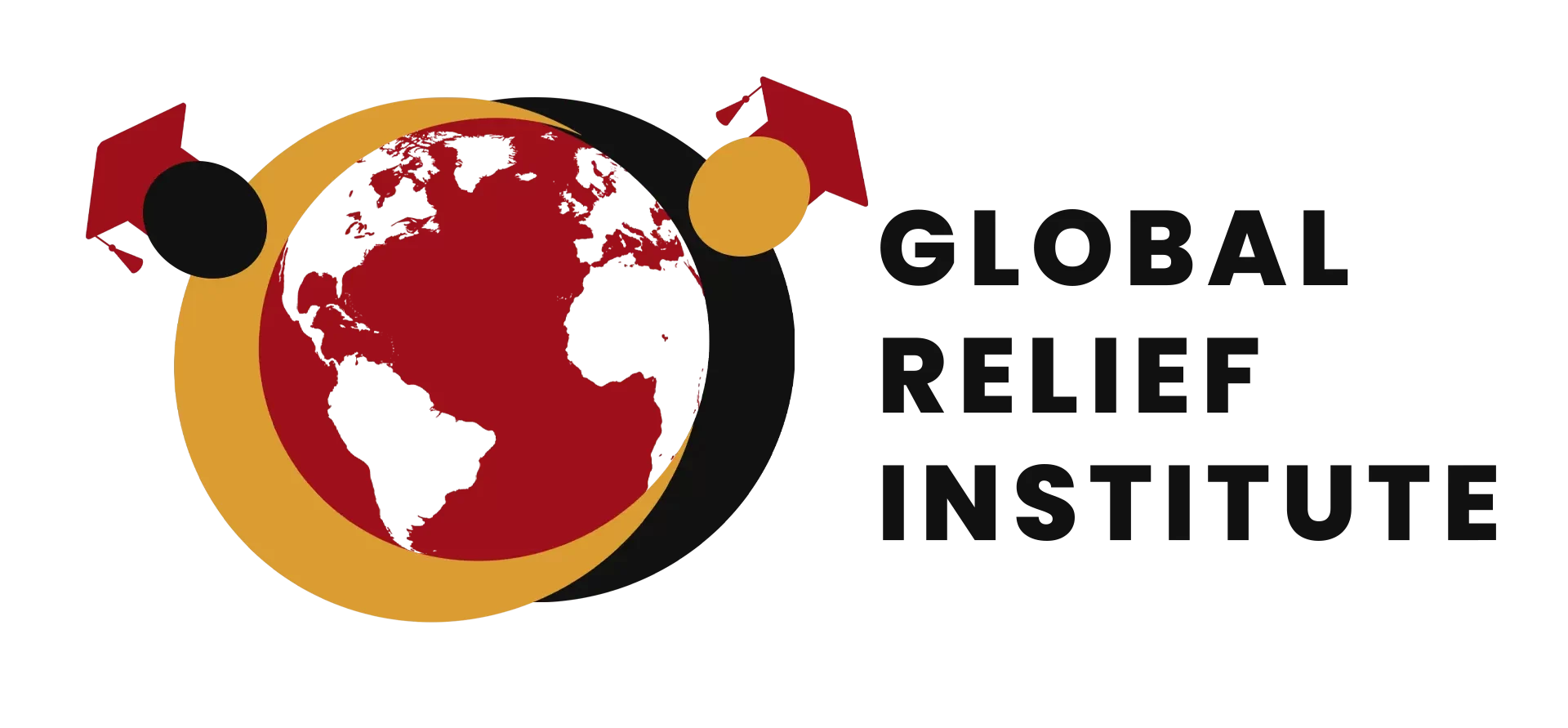Course Overview
This course explores the basic principles of personal and interpersonal leadership that can be used in a humanitarian situation. The course emphasizes elements of vision, goals and objectives, diversity issues, motivation, decision making, and dealing with change.
By the end of the course, learners will be able to increase their personal and interpersonal awareness, have better analytical skills and a greater understanding of the complex issues facing today’s leaders.
Course Content
- Defining leadership: develop a personal definition of leadership and evaluate;
- a) personal leadership
- b) Organizational leadership
- c) Global leadership
- Leadership theory: leadership theory models and use of the relational leadership model as a frame for understanding leadership and exploring leadership views.
- Leadership concepts of vision, goals, motivation, decision making, time management, team building, conflict resolution, dealing with change, communication skills, ethics, and diversity.
- Personal leadership profile: assessment of personal leadership styles, strengths and the overall evaluation of leadership styles through the use of Myers-Briggs personality test.
- Leadership in the context of a community: practical aspects of group development and its dynamics
Exercises:
After reading course materials, students are expected to complete some relevant exercises and tasks to test their own learning.
Assignments
Students will be required to submit three assignments to demonstrate their understanding of the course content.
DURATION: 3 Months
REGIONS TARGETED: Global
COURSE FEE: €500
ORGANIZERS: GRI
LANGUAGE: English and French
FORMAT: Online Learning
GENERAL COURSE CONTACT:



